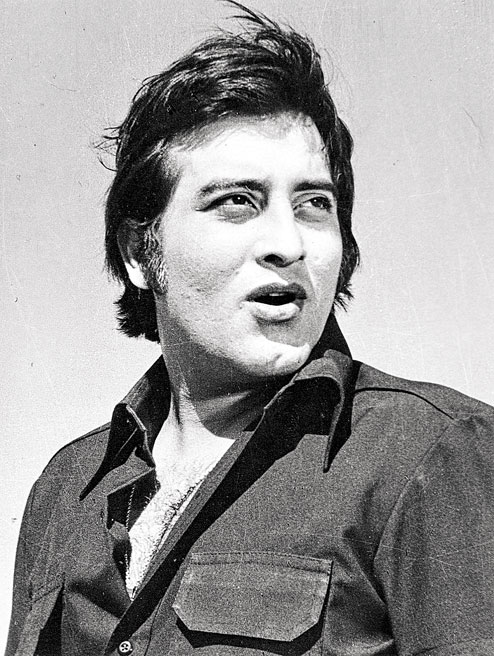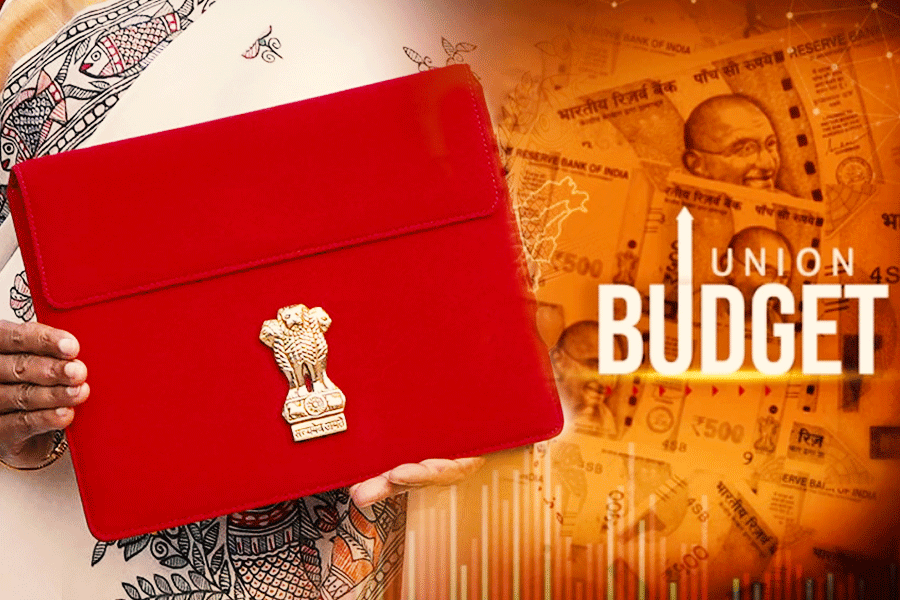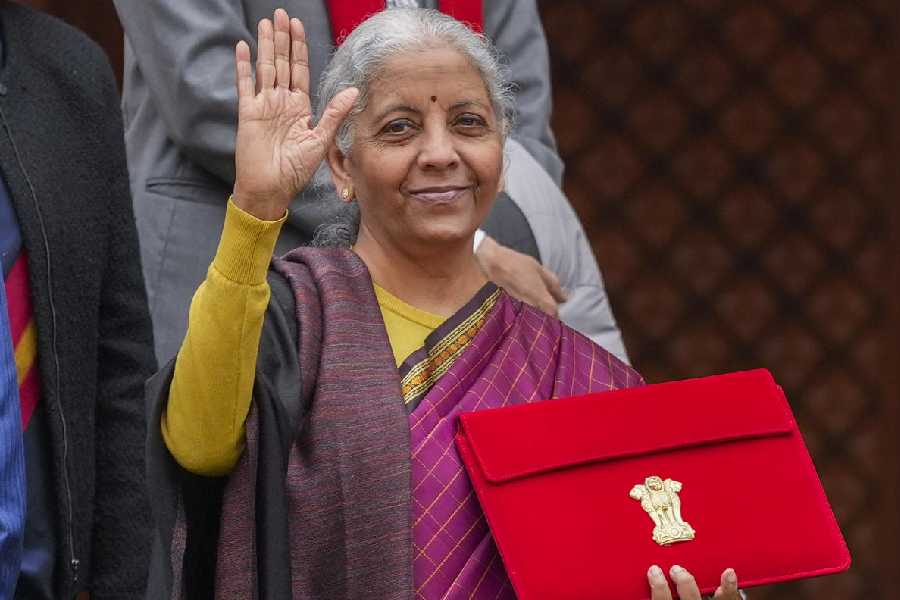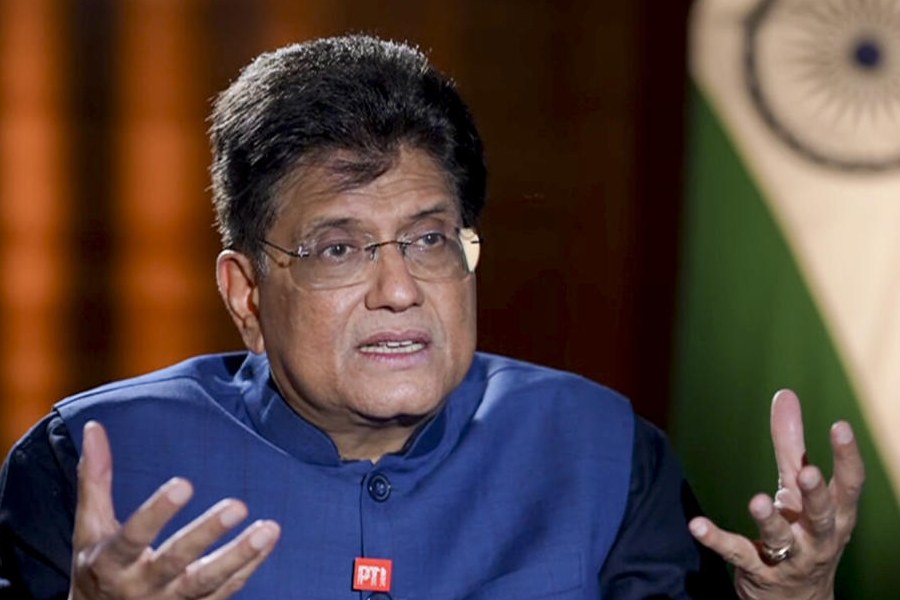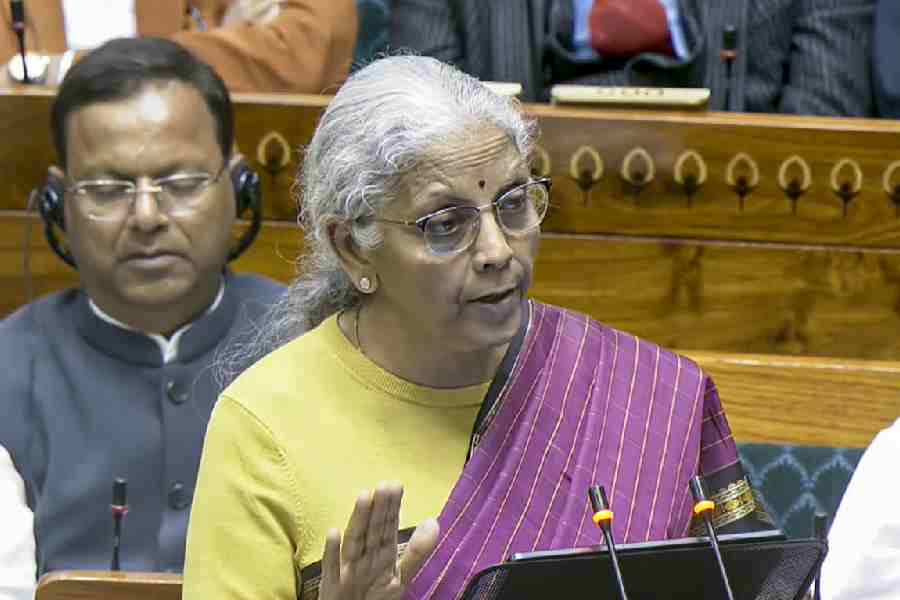

When actor Vinod Khanna passed away on Thursday at Hurkisondas Hospital in Mumbai, the Net quickly noted the coincidence that April 27 happened to be the exact date on which his friend and colleague Feroz Khan had also died in 2009.
It is strange that FK too died of cancer and his family had also put a lid on any news of his condition till he succumbed to it quietly and far away in Bangalore. Strange because Feroz and Vinod were very close when they made two films together.
In fact, Feroz's Qurbani (1980) was one of Vinod's glossiest and biggest successes where he easily overshadowed the filmmaker who had cast himself as the hero too. It was also a film that emphasised VK's suave good looks and added to his overflowing kitty of female admirers.
FK and VK became such close friends that when Feroz remade Kamal Haasan's Nayakan as Dayavan (1988) in Hindi, Vinod bought the distribution rights of the film. Dayavan with Vinod in a dhoti failed. But his stardom was largely unaffected. A stardom built on his appeal as a ruggedly handsome actor (Mera Gaon Mera Desh in 1971) who could also be a soft man in love ( Haath Ki Safai in 1974 and Chandni in 1989).
For a man admired by both genders for his striking good looks, he had a repertoire of films that any actor would covet. Vinod took off with Man Ka Meet (1969), a film that Sunil Dutt had made solely to launch his own brother Som Dutt as hero.
When Vinod was born on October 6, 1946 in Peshawar, the stars must've been in auspicious alignment for luck favoured him all through his life. Som Dutt failed while Vinod, for whom it was not a tailor-made launch, went on to become a star.

He strode through a variety of films - from the sensible like Gulzar's Achanak (1973) to the blatantly mainstream like Amar Akbar Anthony (1977), Parvarish (1977) and Muqaddar Ka Sikandar (1978).
Apart from making a successful transition from villain to hero, Vinod could also walk away from the glamour world as he did when he followed Rajneesh to Oregon in 1982 and return to it in 1986 with an industry willing to welcome him back. More success in the form of Insaaf (1987) and Satyamev Jayate (1987) followed.
Vinod would also join the BJP (1997) when it was on its upward swing, win the Gurdaspur seat and be its sitting MP when he passed, be an MoS in the culture and tourism and external affairs ministries, and play Salman Khan's father in Wanted (2009) and Dabangg (2010). He was a man who saw it all, had it all, and stayed intensely spiritual till the end.
Vinod's rugged good looks and the accompanying attention from the opposite sex were a source of good-natured envy for many of his colleagues. When Gulzar signed up Sunil Dutt's discovery for Mere Apne (1971), his co-star Shatrughan Sinha secretly admired him for his tough physique and lady-killer looks, a fact SS admitted in his recent biography.
Amitabh Bachchan had his own humorous way of handling it. Once, when driving with Amitabh and Vinod from the hotel to the location at the outdoor shooting of Ravi Chopra's Zameer (1975) in Bangalore, a female colleague and I had gone overboard in discussing Vinod's sex appeal as the bespectacled professor in Imtihaan (1974). To which AB had dryly asked: "Anybody got a pair of specs here?"
Vinod's heroines were not immune to his charm either. From Shabana Azmi, who was romantically cast opposite him in half-a-dozen films including Amar Akbar Anthony and Shaque (1976) to Smita Patil, they were smitten, the latter rather openly especially during the phase he wore orange robes and followed Rajneesh. Vinod was also in a relationship with Amrita Singh, long before she married Saif Ali Khan.
A confirmed South Bombay man, his home with first wife Geetanjali Talyarkhan in Sumangal on Malabar Hill is a stone's throw from Il Palazzo where he lived with second wife Kavita Daftary.
An actor who marched to his own unconventional beat, Vinod's heart was as impressive as his biceps. At an outdoor shooting of Suryaa (1989) in Rajasthan where he got the spacious royal suite in a palace-turned-hotel, he entertained friends and went for after-dinner walks with many of us. But at the end of the stay, he went quietly to the reception and asked for the liquor and telephone bills and settled them without burdening the producer with his personal expenses.
A cosmopolitan Mumbaikar, Vinod was extremely proud of his Punjabi roots too. He'd often talk about sitting in his mother's kitchen and helping them make rotis or watch how the food was cooked. Rajma, he'd say, like a typical Punjabi, must be slow-cooked for hours to be perfect. And raw onions, he'd swear, shouldn't be cut but smacked with a strong fist to get its true taste.
The father of four (two from each marriage) was characteristically indulgent with his children and once told me: "However old and successful they may be, they still remain kids for me." His second son Akshaye Khanna is on a comeback spree, busy with films like Ittefaq and Sridevi's Mom while the third, Sakshi, is on the threshold of an acting career.
Vinod was keen to write his autobiography, he'd even discussed it with Shobhaa De, he said to me. Alas, that remained an unfinished assignment.
His own favourite book, he once told me, was Autobiography Of A Yogi, which had riveted him in his youth. It speaks for the kind of man he was.
RIP Vinod Khanna, a man I was privileged to know.

